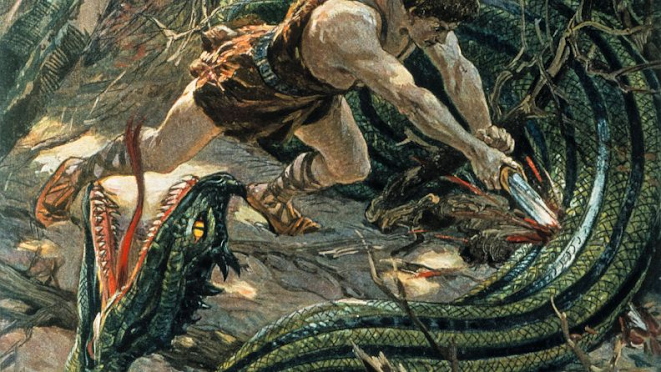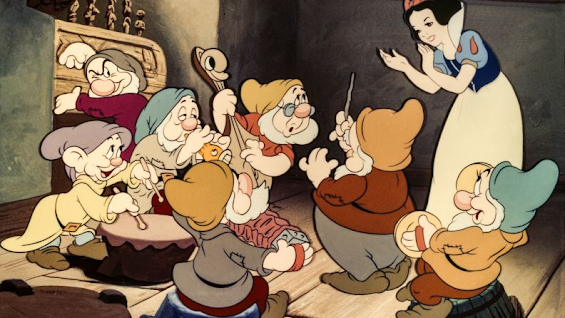Germany's most important documents
Five World Heritage documents you should know about: from a heroic epic to a science fiction film. They are artifacts whose value cannot be measured in money, treasures that stand for the common history of humankind: the UNESCO Memory of the World Programme. Germany is represented with 24 entries in the Memory of the World Register. We present five important documents here:
The Song of the Nibelungs
Long before the Lord of the Rings or the Game of Thrones, the Song of the Nibelungs fascinated people with heroic stories. The Song of the Nibelungs, written down around the year 1200, is the most important medieval heroic epic poem in German. It is comparable in significance with the Ancient Greek saga of the Trojan War. Like Homer’s “Iliad”, the Song of the Nibelungs is about love, power and a thirst for revenge that leads to disaster.
Beethoven's Symphony No. 9
Ludwig van Beethoven's masterpiece, the 9th Symphony in D minor opus 125, is a key work of symphonic music. In the final movement, he sets verses from Friedrich Schiller's Ode to Joy to music and uses vocal soloists and a mixed choir for the first time. The fact that Beethoven was already deaf when he composed the Ninth is all the more testimony to his musical genius.
Metropolis
The monumental silent movie Metropolis by Fritz Lang was shot in the Babelsberg film studios in 1925 and 1926. It talks about a futuristic vision of a fictional city called Metropolis, where class segregation prevails and a robot is brought to life. The silent film is regarded as a pioneering science-fiction movie, being among the first feature-length movies of that genre.
The Fairy Tales of the Brothers Grimm
Once upon a time in Hanau, the brothers Jacob Grimm (1785-1863) and Wilhelm Grimm (1786-1859) wrote fairy tales that still enchant people of all ages today. As part of the cultural heritage, Little Red Riding Hood, Snow White, the Frog Prince and the Bremen Town Musicians are as alive today as they were then.
The Gutenberg Bible
The Gutenberg Bible is the first great book printed in Western Europe from movable metal type. It is therefore a monument that marks a turning point in the art of bookmaking and consequently in the transition from the Middle Ages to the modern world. Gutenberg’s invention of the mechanical printing press made it possible for the accumulated knowledge of the human race to become the common property of every person who knew how to read.





Comments
Post a Comment